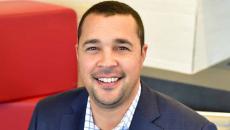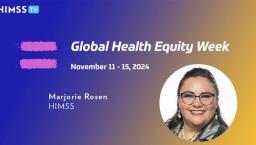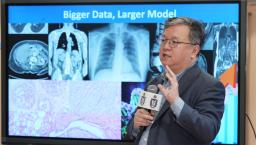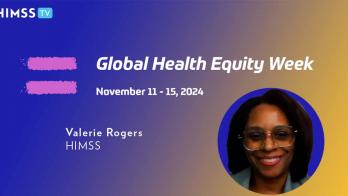Quality and Safety
The CEO of a telehealth services provider explains why patients being seen remotely by physicians first can also help with accessibility, data integrity and consistency.
Dr. Tim O'Connell, physician CEO of emtelligent, offers his view of what's needed to ensure artificial intelligence can work safely, effectively and transparently in healthcare settings.
OpenNotes and Abridge want to find out, as they team up for a Beth Israel Deaconess Medical Center project to assess and develop new clinical documentation tools powered by artificial intelligence.
This follows an audit report that flagged its "partly effective" management of its contract outsourcing the operation of the digital health record system.
Andy Sajous, a leader in digital transformation, explains. He discusses the trade-offs of building versus buying artificial intelligence tools and describes some crucial actions CIOs should take going into 2025.
The AP reports that OpenAI's Whisper documentation platform is prone to hallucinations, and to making up sentences and sections of text across millions of recordings. Tens of thousands of transcriptions could be faulty.
In what it's calling "one of the most ambitious initiatives in its 250-year history," NewYork-Presbyterian has launched a new $2 billion capital campaign that has advanced technologies and digital transformation as core goals.
BRIDGE – Blueprint for Resilient Integration and Deployment of Guided Excellence – is meant to be an "evidence-based framework that health systems can rely on to not just adopt AI but to help scale it across their operations."
A nurse remote patient monitoring expert explains why she's seeing more providers looking for new tools to help manage CHF – and how advancements in virtual care are allowing more patients to be cared for at home.
The Digital Medicine Society's seal aims to evaluate health application products' baseline security, usability and clinical return on investment to help decision-makers scrutinize which tools are best for patient care.


























